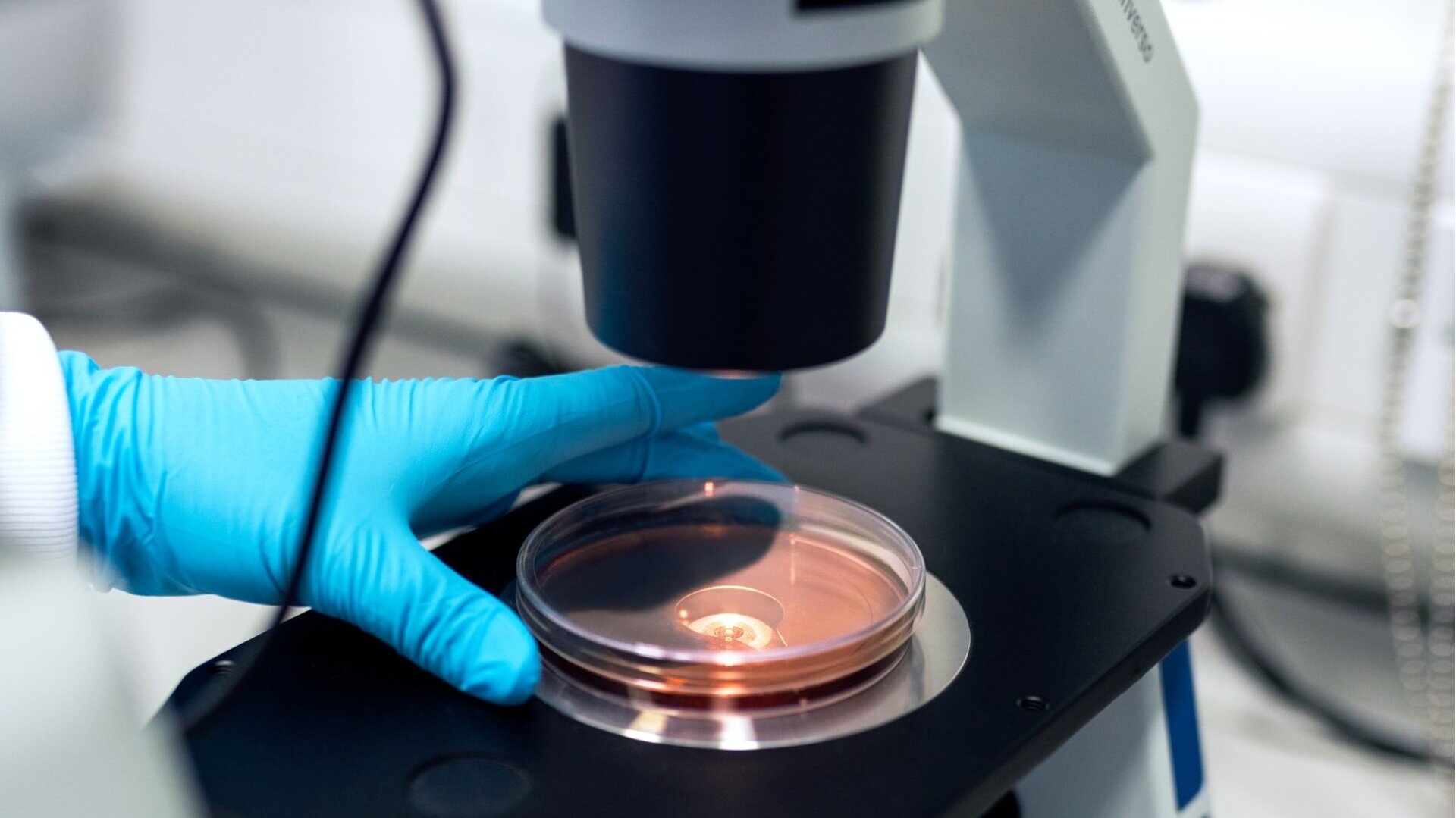
Jack’s Tomorrow Funds Research to Identify a Cure for PURA Syndrome
[New York, New York, September 12, 2023] – Jack’s Tomorrow, a 501 (c)(3) whose mission is to fund research to develop a treatment – and ultimately a cure – for PURA Syndrome today announced a new grant to The Hospital for Sick Children (SickKids) in Toronto, providing $180,000 to support cutting-edge science to identify candidate therapeutics for PURA Syndrome. This research aims to help patients worldwide who have been diagnosed with this rare disease.
“We are thrilled to support SickKids research to help define a better future for children living with PURA Syndrome, like Jack, and many others with rare disease conditions,” said Kyle Czepiel, co-founder of Jack’s Tomorrow and Jack’s father. “Through this funding and more to come, we aim to expand the number of scientists who can uncover new knowledge about PURA Syndrome – and how to find treatments and cures.”
PURA Syndrome can be traced to a faulty version of the PURA gene. Affected children may have serious developmental delays, hypotonia, seizures, sleep apnea, and orthopedic problems. PURA Syndrome is considered a new disease, because the culprit PURA gene was discovered only about 10 years ago. There are currently 620 people living with the disease globally, and new cases are being diagnosed every week due to increased access to sequencing technologies. Strengthening basic and clinical research on PURA Syndrome is essential in order to identify a treatment for PURA Syndrome and ultimately a cure.
This new research will conduct large-scale drug-screening in zebrafish and nematodes, led by SickKids pediatric neurologist and scientist James Dowling, M.D., Ph.D., to identify potential treatments that can be used in animal models of PURA, and later, in humans. Dr. Dowling is a world-renowned clinician-scientist specializing in inherited neurogenetic disorders. This new work will harness the power of these model organisms, which are well-suited to accelerate clinical therapeutic development and improve the lives of patients with PURA-related disorders.
Dr. Dowling and his team are creating a zebrafish model to study PURA Syndrome. Their preliminary research shows that “knocking out,” or eliminating, one of two copies of the fish versions of the genes (puraa and purab) leads to swimming defects, suggesting that pura genes in fish help control muscle behavior. The new funding will extend this work to remove both versions of the two fish genes and identify the best combination of gene alterations to perform additional testing. The scientists will then use an automated swim-measurement platform to perform large-scale drug screening and validation testing toward identifying potential new treatments for PURA Syndrome.
The second project will employ C. elegans, a popular research organism for studying human disease. Using this nematode model of PURA Syndrome and a gene-silencing method called RNA interference, or RNAi, this research will identify molecules and cellular processes disrupted by loss of PURA. The researchers will then test the effects of various potential drugs on fixing these problems in the worms. Those potential drugs can later be tested in a model more similar to humans.
Collaborating with Dowling are Brent Derry, Ph.D., of SickKids, and Peter Roy, Ph.D., of the University of Toronto. Derry’s past research has identified therapeutic targets that reverse disease symptoms in animal models of rare neurological diseases affecting blood flow in the brain. Roy pioneered the use of roundworms to discover potential new drugs for potential application to human diseases.
To date, scientists have found more than 100 disease-causing versions of the human PURA gene, but more research is needed to understand how these gene variants cause PURA Syndrome or contribute to its symptoms.
In addition to this new research in zebrafish and worms, Jack’s Tomorrow is partnering with The Jackson Laboratory’s Rare Disease Translational Center to create a mouse model for advancing research on PURA Syndrome. Jack’s Tomorrow is eager to continue to establish research collaborations toward treatments, and cures, for rare diseases like PURA Syndrome, said Czepiel.
“We need many smart minds tackling PURA Syndrome – groundbreaking research tools means that a better tomorrow for our son Jack and hundreds of others will be here sooner than we ever thought possible.”
About PURA Syndrome
Discovered in 2014, PURA Syndrome is a rare neurogenetic disorder caused by mutations or deletions in the PURA gene. This gene produces the Pur-alpha protein, which is essential for DNA replication and protein synthesis in all human tissues. Pur-alpha is particularly crucial for proper brain development. In addition to moderate to severe developmental delays, patients can experience a constellation of other symptoms, including seizures, respiratory difficulties, hypotonia (low muscle tone), and orthopedic issues. For more information about PURA Syndrome, visit jackstomorrow.org/about-pura-syndrome.
About Jack’s Tomorrow
At Jack’s Tomorrow our mission is to fund research to develop a treatment—and ultimately a cure—for PURA Syndrome.
About JAX
JAX is an independent, nonprofit biomedical research institution with nearly 3,000 employees in locations across the United States, Japan and China. Its mission is to discover precise genomic solutions for disease and empower the global biomedical community in the shared quest to improve human health. The Rare Disease Translational Center serves that mission by empowering rare disease solutions through partnership, innovation, and scaled pre-clinical pipelines to deliver targeted therapies from lab to clinic swiftly and effectively. The center aims to provide patients with an efficient path from diagnosis to therapy, allowing them to live longer, healthier lives. For more information, please visit www.jax.org/rare.
Research reported in this press release was supported by The Jackson Laboratory Center for Precision Genetics through the National Institutes of Health, Office of the Director under award number U54 OD030187. The content is solely the responsibility of the authors and does not necessarily represent the official views of the National Institutes of Health.
YOUR SUPPORT MATTERS
Your support directly helps us fund important work like this.
Consider a donation today and join the Jack’s Tomorrow team as we find and fund a cure for PURA Syndrome.


